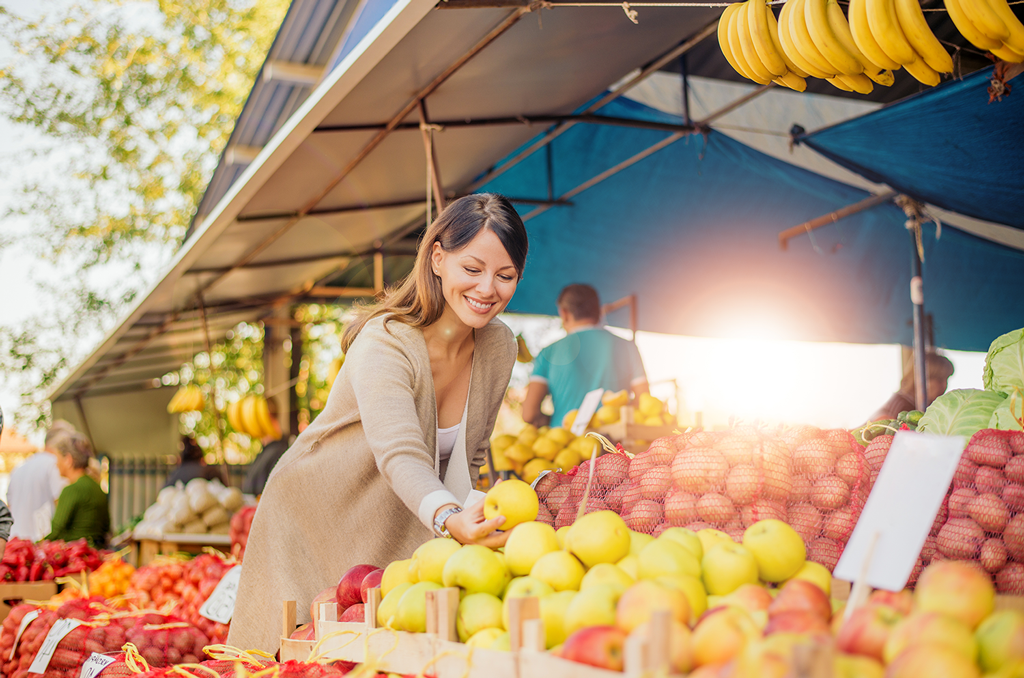
Navigating Economic Hardships: The Rise of “Pay What You Can” Farm Stands
- foodfightadmin
- November 25, 2023
- Agriculture, Find Food, Hunger In America
- findfood series seventeen, fnd pages, fnds, rsc pages, rscl
- 0 Comments
As the United States grapples with twin challenges of food insecurity and soaring inflation, a new concept is taking root: “pay what you can” farm stands. These stands are more than a solution to hunger; they’re a testament to human dignity, autonomy, and the power of community bridging socioeconomic divides.
Javier Guerrero, the pioneering President and CEO of Coastal Roots Farm in Encinitas, California, is at the forefront of this movement. Guerrero shares the ethos behind their initiative. “Our farm stand isn’t just a place to buy produce; it’s a community hub where everyone, regardless of their financial situation, can access high-quality food.”
Coastal Roots Farm operates like any other market, but with a twist: at checkout, customers see their total and decide what they can afford to pay. Some pay in full, some pay less, and others contribute extra, knowing they are helping a neighbor in need. Last year, this farm alone produced 86,000 pounds of food, feeding 45,000 people, with a significant portion donated to the community.
This concept isn’t limited to Encinitas. In Washington D.C., Common Good City Farm launched their “pay what you can” model during the COVID-19 pandemic. Executive Director Samantha Trumbull highlights the farm’s goal to create an inclusive shopping experience, irrespective of financial capacity. Located in Ward 1, a diverse yet economically polarized area, the farm aims to bridge the gap between different income groups.
Despite its success in increasing access and reducing stigma, Trumbull notes a challenge: convincing those who can’t pay to still participate, and encouraging those who can pay more to do so. While middle income shoppers have shown remarkable generosity, higher income groups haven’t matched anticipated levels of support.
This model has seen adoption in other locations as well, like Groundwork Farms and Sprout City Farms in Denver, Colorado, and EarthDance Organic Farm School in Ferguson, Missouri. Each location tailors the model to their community’s needs, be it through a drive-thru stand or a farmer’s market booth.
The urgency of these initiatives is underscored by a concerning statistic from the U.S. Department of Agriculture: 12.8 percent of U.S. households experienced food insecurity in 2022, a significant increase from 2021. Guerrero sums up the sentiment driving these efforts: “In the face of rising costs, no one should have to doubt their ability to eat well and stay healthy.”
These farm stands are more than just markets; they’re a movement, a collective effort to ensure that nutritious food is a right, not a privilege, accessible to all, regardless of their economic circumstances.








